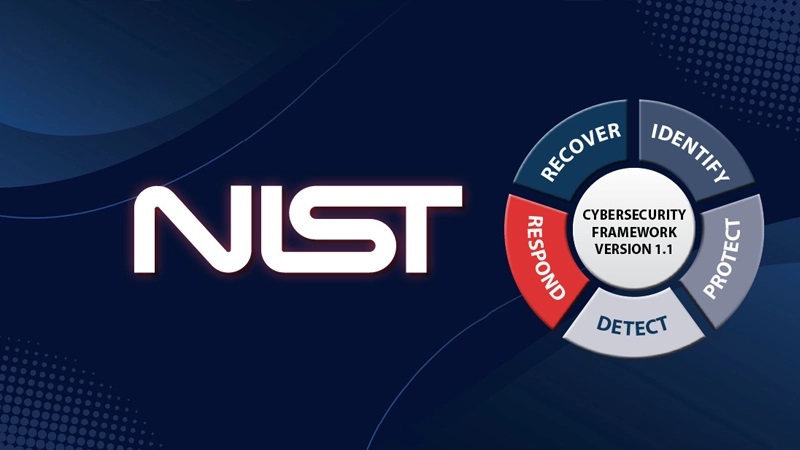NIST compliance refers to adhering to the guidelines and standards set forth by the National Institute of Standards and Technology (NIST), a federal agency within the United States Department of Commerce. NIST develops and publishes cybersecurity and information security standards, guidelines, and best practices to help organizations protect their information systems and data. NIST compliance is particularly relevant for government agencies, federal contractors, and organizations that handle sensitive information.
NIST has produced several key publications that outline its cybersecurity framework and guidelines, with the most well-known being the NIST Special Publication 800-53, “Security and Privacy Controls for Information Systems and Organizations.” This publication provides detailed security controls and recommendations for securing information systems.
To achieve NIST compliance, organizations typically follow these steps:
- Assessment: Conduct a comprehensive assessment of current cybersecurity practices, policies, and systems to identify vulnerabilities and gaps in security.
- Alignment: Align the organization’s security practices with NIST’s cybersecurity framework and guidelines, incorporating the recommended security controls and best practices.
- Implementation: Implement the necessary security controls, policies, and procedures to enhance cybersecurity and data protection.
- Documentation: Create detailed documentation of the security measures in place, including policies, procedures, and configurations.
- Testing and Validation: Conduct regular security testing, vulnerability assessments, and audits to validate compliance with NIST standards.
- Continuous Monitoring: Establish ongoing monitoring and reporting mechanisms to ensure that cybersecurity measures remain effective over time.
- Incident Response: Develop and maintain an incident response plan to address security breaches and vulnerabilities promptly.
- Training and Awareness: Train employees and staff on cybersecurity best practices and ensure awareness of security policies and procedures.
To help organizations achieve NIST compliance, various services and solutions are available:
- Consulting Services: Cybersecurity consulting firms specialize in assessing an organization’s current security posture, identifying gaps, and providing guidance on achieving NIST compliance. They can help develop customized security strategies and implementation plans.
- Managed Security Services: Managed security service providers (MSSPs) offer ongoing monitoring and management of security controls and systems to ensure continuous compliance with NIST standards.
- Security Software and Tools: Many cybersecurity software solutions and tools are designed to assist in compliance efforts. These include vulnerability scanners, intrusion detection systems, and security information and event management (SIEM) platforms.
- Training and Education: Companies offer training programs and courses specifically focused on NIST compliance and cybersecurity best practices. These can help employees and IT professionals gain the necessary skills and knowledge.
- Security Auditing and Assessment Services: Organizations can hire third-party auditors to assess their compliance with NIST standards through security audits and assessments.
- Cloud Services: Cloud service providers (CSPs) may offer NIST-compliant cloud solutions and services, helping organizations secure their data and systems in the cloud while meeting NIST requirements.
- Compliance Management Software: These tools assist in tracking, documenting, and managing compliance efforts, making it easier to demonstrate adherence to NIST standards.
- Incident Response Services: Companies specializing in incident response can help organizations develop and implement incident response plans in accordance with NIST guidelines.
It’s essential for organizations to assess their specific needs, risk profiles, and budget constraints when seeking services to achieve NIST compliance. Tailoring compliance efforts to the organization’s unique requirements is crucial for effective cybersecurity and data protection.

